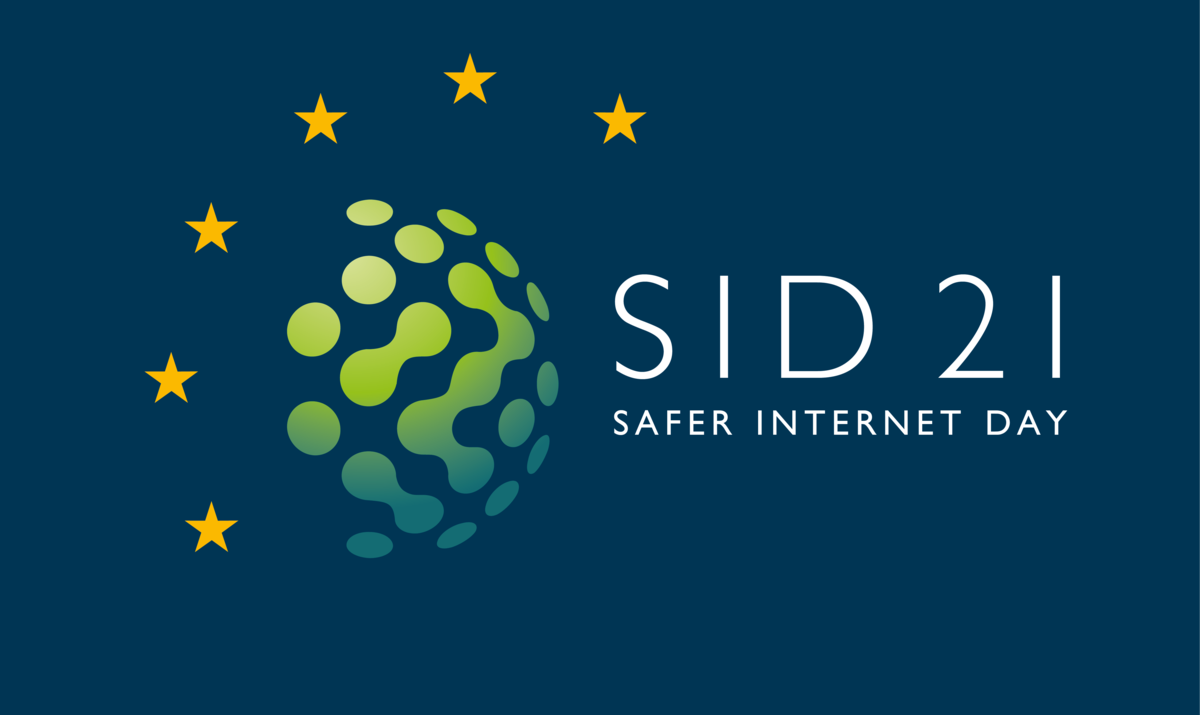
The Safer Internet Day takes place every year in February and stands for online safety and a better internet for children and young people. On this global day of action, online and offline events will take place to help ensure that everyone can use the Internet safely. In Germany, the offerings at klicksafe bundled.
In 2021, the SID will be held under the motto “What do I think? – Opinion formation between fact and fake” – a topic that also plays a role again and again on the Parents’ Guide. We have summarized the most important articles for you:
Messages disguised as real news are now available in vast quantities. They are meant to influence our opinion about certain things. It is important to be able to recognize what is real and what is just swindled! This is especially difficult with so-called deep fakes. These are images or videos that are technically modified to look absolutely real.
[Dieser Beitrag ist auch als eingesprochene Audiofassung verfügbar.]
Hate and agitation are also used to shape public opinion. When those who express their opinions are beaten up in comments, they soon no longer dare to say anything. Or the violent comments themselves cause people to be influenced in their opinions. This is deliberately done by so-called trolls, to whom we have dedicated a separate article: Trolls and Haters – Anonymous Attacks on the Net.
Conspiracy narratives are a special form of opinion mongering. When things are difficult to grasp, as is currently the case with the coronavirus, such untruths or half-truths spread particularly quickly and can lead to facts and associated rules no longer being taken seriously.
There are extreme political opinions that violate our basic law. They are often directed against specific groups of people. Even young people should be influenced to join their opinion via popular social media channels.
Such extremists sometimes use hidden communication channels to spread their ideas. This can be dangerous!
Young people in particular identify with rappers and their lyrics. But not all of them are harmless. Some texts are directed against certain groups of people or convey questionable values. So you should listen carefully!
In order to recognize opinion mongering, knowledge and know-how are important. Much of this can be summarized under media literacy. Here we explain what exactly is behind the term.
Fake news and other opinion-mongering on the Internet is often simply formulated and can therefore also appeal to children and young people. If you watch age-appropriate news with your child, he or she will know about a lot of things and be better able to distinguish false news from the truth.
There is also a lot of informative content on the popular video portal. Pupils in particular like to use them for learning. But not all videos are well researched and factually accurate. Your child should know how to recognize good videos.
In this video, our expert Fabian talks about what you can do as a parent when your child is confronted with hate speech online.
Children also have their own opinions and should be able to express them. Above all, they should know how to use the Net safely to inform themselves and participate.
Young people can counter opinion-mongering with their own strong opinions. The article explains what opportunities there are for young people to get involved and get engaged.